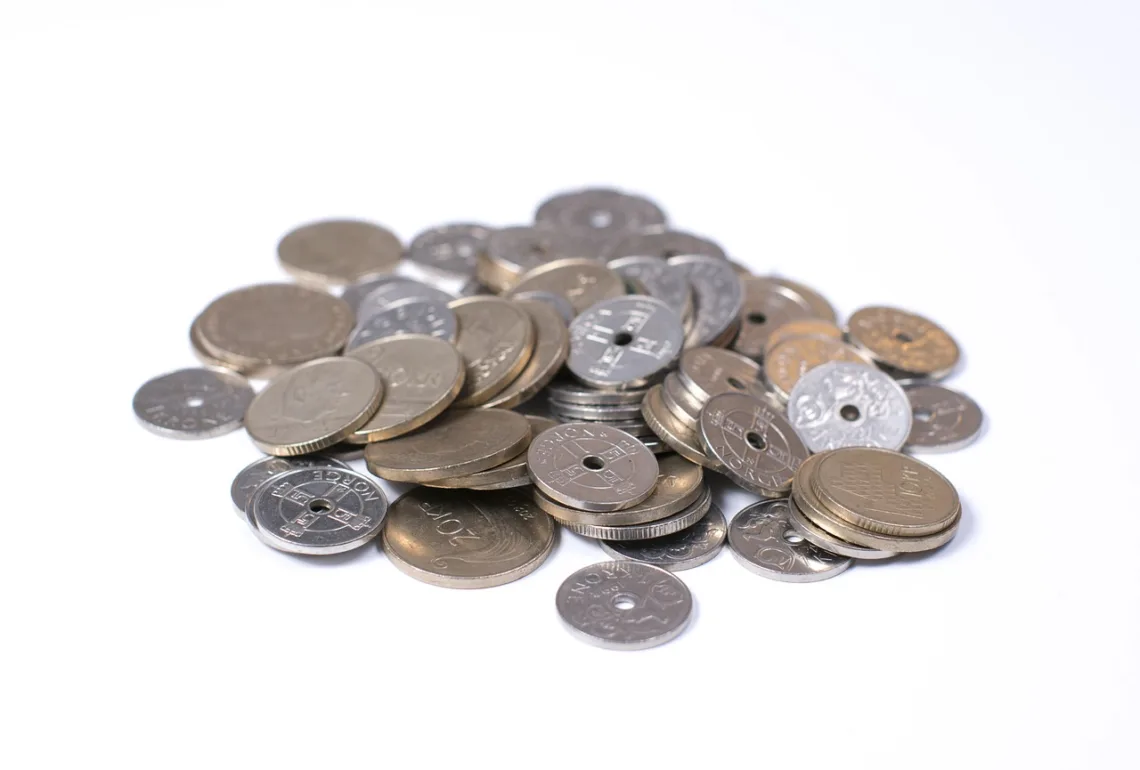In a press release, Statistics Norway (SSB) comments that the weak krone exchange rate and continued high inflation will probably give Norwegians another year of real wage declines.
“The weak krona makes inflation more tenacious. Imported goods become more expensive, which helps keep price inflation high for longer,” says researcher Thomas von Brasch from SSB. “We are assuming an annual salary increase of 5.3 per cent this year. With an expected inflation of 5.6 per cent, this means that real wages will fall slightly this year as well,” says Brasch. He reminds us that there has been hardly any real wage growth in Norway since 2015.
The impact of the devaluation of the krone on inflation contributes to Norges Bank’s likely intention to raise the policy rate further.
Core inflation, which looks at price growth excluding energy goods and tax changes, ended at 6.7 per cent for the last twelve months, according to the latest inflation figures from Statistics Norway. What contributes to the rise in prices is more expensive food, more expensive flights and rent.
Looking at food alone, prices were 13.2 per cent higher when compared to May last year. This is the highest price increase for food in Norway since the early 1980s.
“It is clear that this is far above expectations”, says chief economist Marius Gonsholt Hov at Handelsbanken to E24. “I think it will take a long time before Norges Bank starts lowering interest rates again. There will be a higher peak and a higher interest rate over a long period, given this inflation picture,” says Hov.
“This was another huge bombshell from Norges Bank. Today’s figures emphasise that the inflation dynamics are far stronger than expected,” says chief economist Kjetil Olsen at Nordea Markets to Dagens Næringsliv.
Olsen believes that price growth in the country is now going in the wrong direction, despite last year’s strong interest rate increases. “There is an ominous dynamic in prices. High price growth begets high price growth. When we first got a shock with high electricity prices and freight rates, it ballooned. Now people expect prices to rise and they are willing to accept that. Wages are also going up”. “Norges Bank now has a bigger job to do than what they imagined,” he adds.

